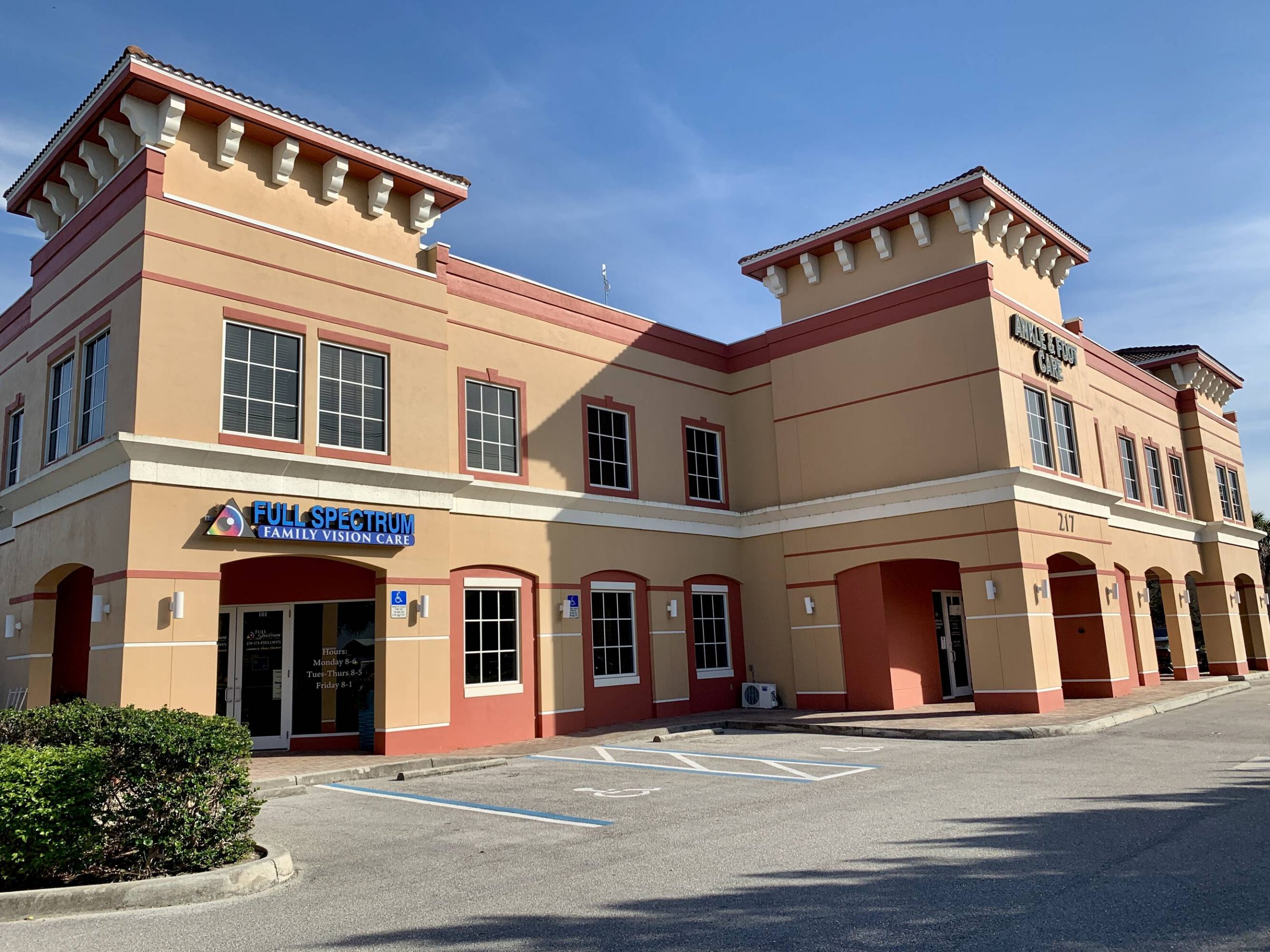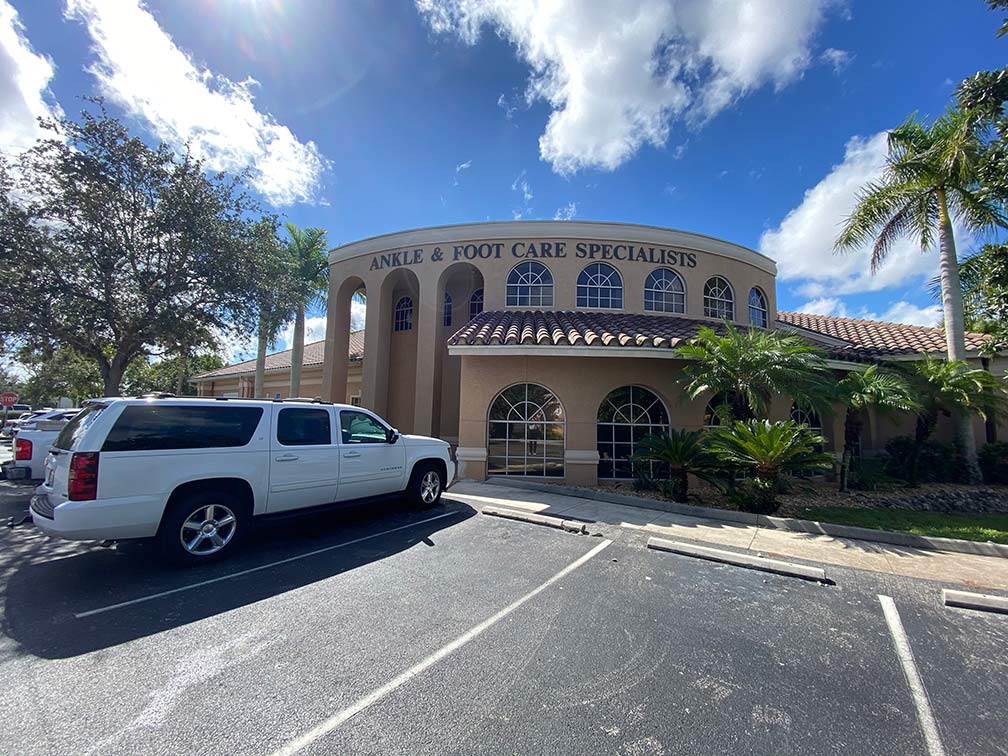Comprehensive Guide to Limb Salvage, Diabetic Ulcers, and Venous Insufficiency Wound Care in Fort Myers, Cape Coral, and Port Charlotte, FL.
Limb salvage, diabetic ulcers, and venous insufficiency wounds are significant medical conditions that require careful management and treatment. These conditions can lead to severe complications if left untreated, including the risk of amputation. This webpage aims to provide comprehensive information on limb salvage, diabetic ulcers, and venous insufficiency wounds, including their causes, symptoms, treatments, and preventive measures. Discover comprehensive information on limb salvage, diabetic ulcers, and venous insufficiency wound care, including their causes, symptoms, treatments, and preventive measures tailored for residents of Fort Myers, Cape Coral, and Port Charlotte, FL.
Limb Salvage:
Limb Salvage Definition: Limb salvage refers to the process of saving a limb that is at risk of amputation due to injury, infection, or disease.
Causes: Limb salvage may be necessary due to traumatic injuries, such as severe fractures or crush injuries, as well as conditions like peripheral artery disease (PAD), which restrict blood flow to the limbs.
Symptoms: Symptoms of limb salvage candidates may include severe pain, non-healing wounds, tissue necrosis, and signs of infection.
Treatment: Treatment for limb salvage typically involves a multidisciplinary approach, including wound care, vascular interventions, infection management, and sometimes surgical procedures like revascularization, debridement, Skin Grafting, or Synthetic or Amniotic Skin substitute application.
Prevention: Preventive measures for limb salvage include managing underlying conditions such as diabetes, maintaining a healthy lifestyle, avoiding smoking, and promptly addressing any injuries or wounds to prevent complications.
Diabetic Ulcers:
Diabetic Ulcers Definition: Diabetic ulcers are chronic wounds that commonly occur on the feet or lower extremities of individuals with diabetes due to neuropathy, poor circulation, and impaired wound healing.
Causes: Diabetic ulcers often develop due to a combination of factors, including nerve damage (neuropathy), reduced blood flow (peripheral artery disease), and high blood sugar levels (hyperglycemia).
Symptoms: Symptoms of diabetic ulcers may include persistent redness, swelling, warmth, and drainage from the wound, along with numbness or tingling in the affected area.
Treatment: Treatment for diabetic ulcers involves wound debridement, offloading pressure from the affected area, managing blood sugar levels, infection control, and using advanced wound care techniques such as dressings, topical medications, application of a biologic, or synthetic Skin Substitute, or negative pressure wound therapy.
Prevention: Preventive measures for diabetic ulcers include maintaining proper foot hygiene, inspecting feet daily for any signs of injury or infection, wearing appropriate footwear, controlling blood sugar levels, and regular foot examinations by a healthcare professional.
Venous Insufficiency Wounds:
Venous Insufficiency Wounds Definition: Venous insufficiency wounds, also known as venous leg ulcers, are chronic wounds that occur due to impaired circulation in the veins of the legs, leading to tissue damage and non-healing ulcers.
Causes: Venous insufficiency wounds result from dysfunctional valves in the leg veins, causing blood to pool in the lower extremities and leading to increased pressure and inflammation, which can damage the surrounding tissues.
Symptoms: Symptoms of venous insufficiency wounds include swollen and discolored skin, pain or discomfort, itching or burning sensation, and the presence of shallow, irregularly shaped ulcers, typically located around the ankles or lower legs.
Treatment: Treatment for venous insufficiency wounds focuses on improving venous circulation, reducing swelling, promoting wound healing, and preventing infection. This may involve compression therapy, wound debridement, Application of a biologic, or synthetic Skin Substitute, topical medications, and lifestyle modifications.
Prevention: Preventive measures for venous insufficiency wounds include maintaining a healthy weight, staying physically active, elevating the legs when resting, wearing compression stockings, and avoiding prolonged periods of standing or sitting.
Conclusion: Limb salvage, diabetic ulcers, and venous insufficiency wounds are serious medical conditions that require prompt diagnosis and appropriate management to prevent complications and improve outcomes. By understanding the causes, symptoms, treatments, and preventive measures associated with these conditions, individuals can take proactive steps to protect their health and well-being. It is essential to seek medical advice if experiencing any symptoms or concerns related to limb health or wound healing. Most Insurances such as Medicare, Blue Cross, United, Aetna, Cigna, and Workmans Comp will cover preventative, conservative , and aggressive treatments for limb health and Wound Care.
For Wound Care in Cape Coral, Fort Myers, or Port Charlotte, FL, Call today to schedule an evaluation and find out more 239-481-7000.
Find a Lower Extremity Wound Care Office Near You
Other Resources on Wound Care:
- https://accws.org/ – American College of Clinical Wound Specialists
- https://aawconline.memberclicks.net/ – Association for the Advancement of Wound Care
- https://www.woundsource.com/ – Wound Source









